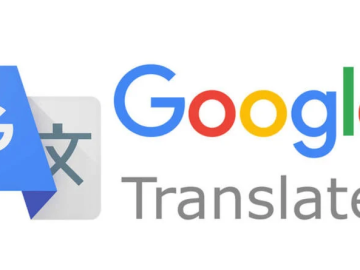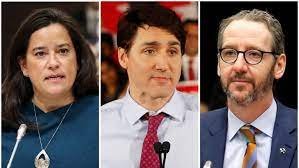On the two-year anniversary of the invocation of the Emergencies Act in Canada, a significant legal development has occurred. The act, which was a controversial moment in Canadian history, is now the subject of lawsuits filed by individuals involved in the Freedom Convoy protests. These lawsuits are aimed at key figures in the government, including Prime Minister Justin Trudeau and Deputy Prime Minister Chrystia Freeland, seeking damages for what is claimed to be an unconstitutional violation of Canadian Charter rights.
This legal action follows a federal judge’s ruling earlier in the year, which found that the invocation of the Emergencies Act was a breach of the Canadian Charter of Rights and Freedoms. This decision has opened the door for affected individuals to seek redress and hold the government accountable for their actions.
Among those filing lawsuits are Convoy organizers Tamara Lich, Chris Barber, Tom Marazzo, and Danny Bulford, who are collectively seeking $2 million in damages. Their legal action is based on Section 24 of the Charter of Rights and Freedoms, which allows Canadians to sue the government for violations of their rights.
In addition to these individual lawsuits, a larger class-action lawsuit has been filed on behalf of Canadians who had their bank accounts frozen during the protests. This lawsuit targets not only government officials but also major banks and law enforcement agencies involved in the freezing of accounts.
The lawsuits have sparked a debate about the government’s use of power and the protection of citizens’ rights. As these legal challenges unfold, they serve as a reminder of the importance of upholding constitutional rights and the potential consequences of government actions.
For more detailed information on this developing story, visit freethebeaver.com. If you found this summary insightful, please consider liking and following their channel for more updates.

![[INTERVIEW] 90 Sudden or Unexpected Canadian Doctor Deaths -Dr. William Makis, MD](https://freethebeaver.com/wp-content/uploads/2023/01/vlcsnap-2023-01-26-22h35m18s091.png)


